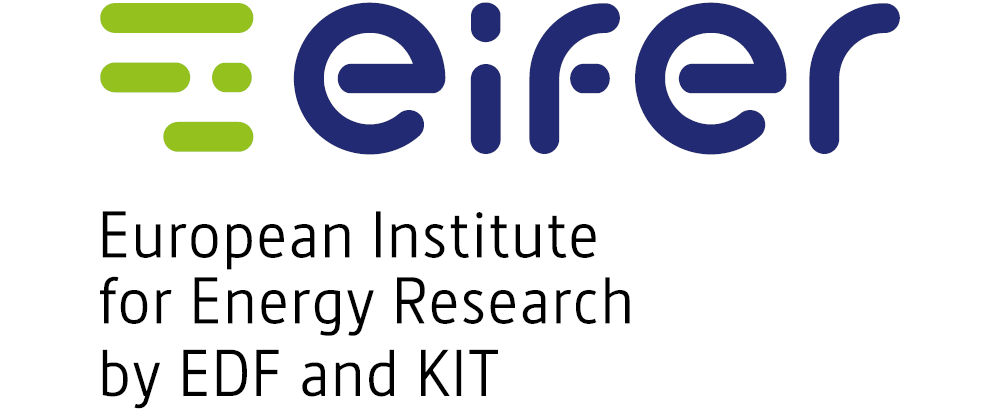Our Areas of Research
Climate Neutral Communities
Worldwide, awareness of climate change is driving efforts to make city life safer, healthier and more energy efficient. Digital technologies offer considerable opportunities to develop intelligent solutions for mobility, energy and quality of life, with the potential to systematically address each urban issue. However, efficiently implementing these disruptive schemes into smart and sustainable cities requires a whole-of-system view and transversal competences.
As part of a global network of researchers within the EDF Group and the KIT, EIFER is engaged in research that aims to chart a path for a sustainable and low-carbon urban future with improved quality of life.
Local Multi-Energy Systems
The energy industry is changing, driven by efforts to reduce greenhouse gas emissions, transition to renewable resources and improve the efficiency of energy production. Success in these important goals demands flexible and resilient systems, which should be implemented with active involvement of local stakeholders. Decentralised multi-energy systems provide the capability to adapt in this evolving area. The local coupling of electricity, heating, cooling and mobility improves sustainability and flexibility, which can in turn absorb intermittency and satisfy fluctuating demand. Such an approach supports both regional and national energy systems. EIFER focuses on the design and optimization of local energy solutions, leveraging deep expertise in relevant technologies, system integration and simulation.
Low Carbon Hydrogen Systems
Low-carbon hydrogen is a promising alternative to fossil fuels in the mobility sector and for industrial applications. It also offers clean and sustainable solutions for energy storage and distribution, such as power-to-gas, insertion into the natural gas grid and reconversion to electricity via fuel cells. Furthermore, it can help improve the impact and reliability of intermittent renewable energy sources and balance the power grid via innovative electrolyser operation for peak load management. It has three times the energy density of fossil fuels and several types of storage capabilities: compressed gas, liquid or solid.
Energy Transition, Markets, Environment
Energy transitions are occurring in multiple countries, motivated by the desire for greater sustainability and reduced resource dependency. These transitions are accelerating thanks to technological progress, the decreasing cost of decentralised power generation and storage, digitalisation, and organisational innovations. While they can pose challenges for existing regulation and traditional, upstream-based business models, they also create opportunities for new activities and players, including bottom-up initiatives and digital approaches.
